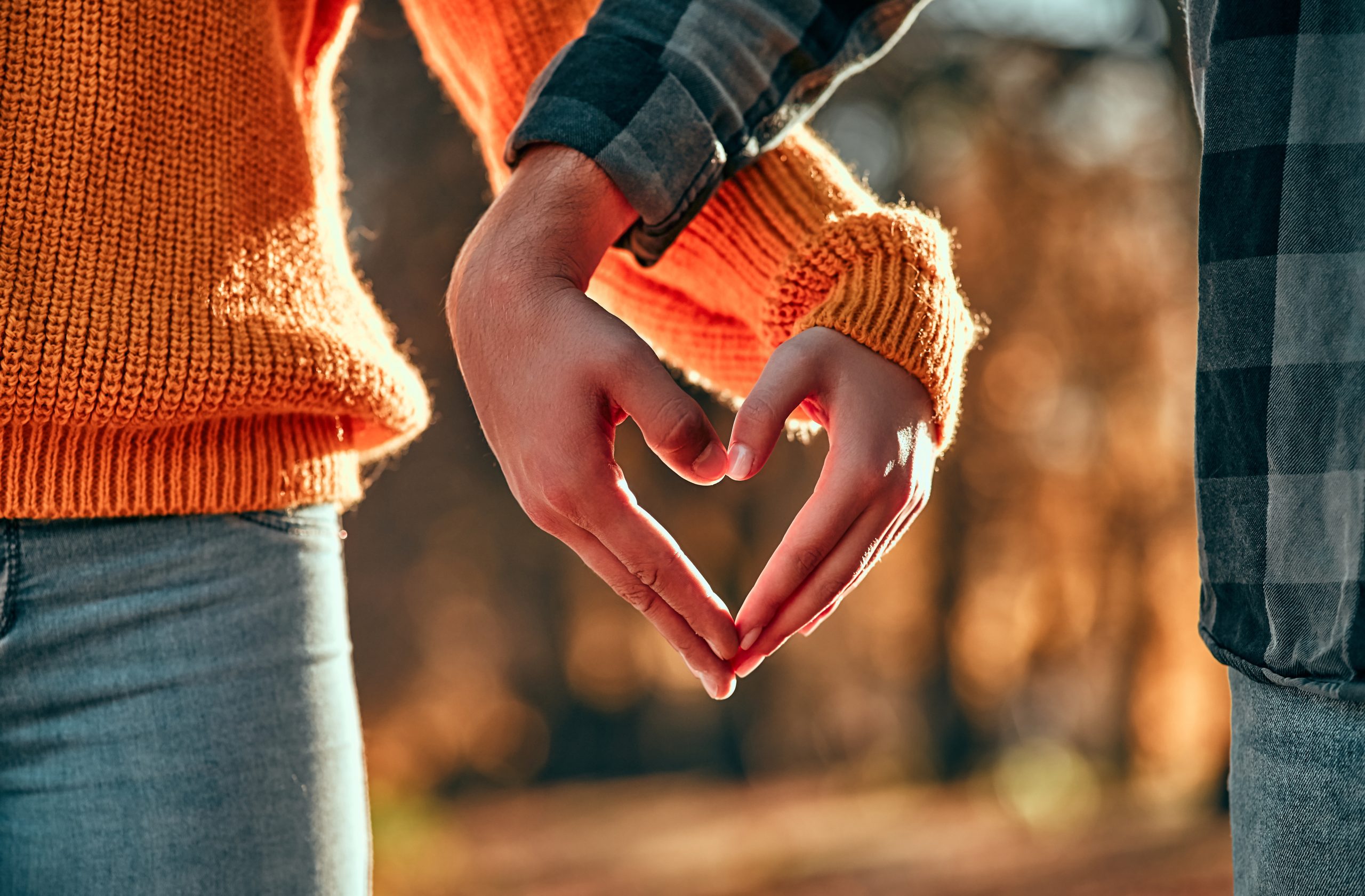Couples & Relationships
We help children with:
- Respectful and Honest Communication
- Anger Management: Channeling Anger to Facilitate Respectful Change
- Loss of Self / Identity
- Relationship Conflict
- Sexual Identity and Sensuality
- Abusive / Unhealthy Cycles in Relationships
- Relationship Growth, the Right of Passage of all Long-Term Relationships
- Separating Families, blended families
- Co-Parenting


It might feel hopeless and overwhelming now, but your relationship was once a blossoming source of love and beauty. Couples counselling can help you get that beauty and love back, but only if you’re willing to work on yourself just as much as you want your partner to work on himself or herself.
What is relationship counselling?
Through the counselling process an understanding can be reached about how and why relationship challenges sometimes reach a crisis point. Skills learnt through therapy enable you to communicate more effectively and navigate the developmental growth of each person on the journey of a committed relationship.
Relationship counselling is most effective when you both make a commitment to the process. This strategy enables the therapist to give both individuals options for changing behaviour, feelings and thoughts.
Incredible changes with individual efforts:
It is a common problem that at least one member of the relationship is hesitant about participating in the process, however, our psychologists are well-prepared for this situation. Although joint counselling is the ideal, you can still change the dynamic of a relationship by what you contribute to the recipe. As a relationship is a dance between two people, you only need one person to change their steps to change the dynamic and create a brand new dance, mastering skills in:
- Communicating your wants, needs, and frustrations more effectively.
- Truly understanding your partner’s feelings.
- Drawing the meaning and wisdom from uncomfortable/unpleasant emotions we often avoid, which are what feeds negative patterns in relationships.
- Processing resentment and the need to criticise or be right justifying behaving cruelly toward your partner.
